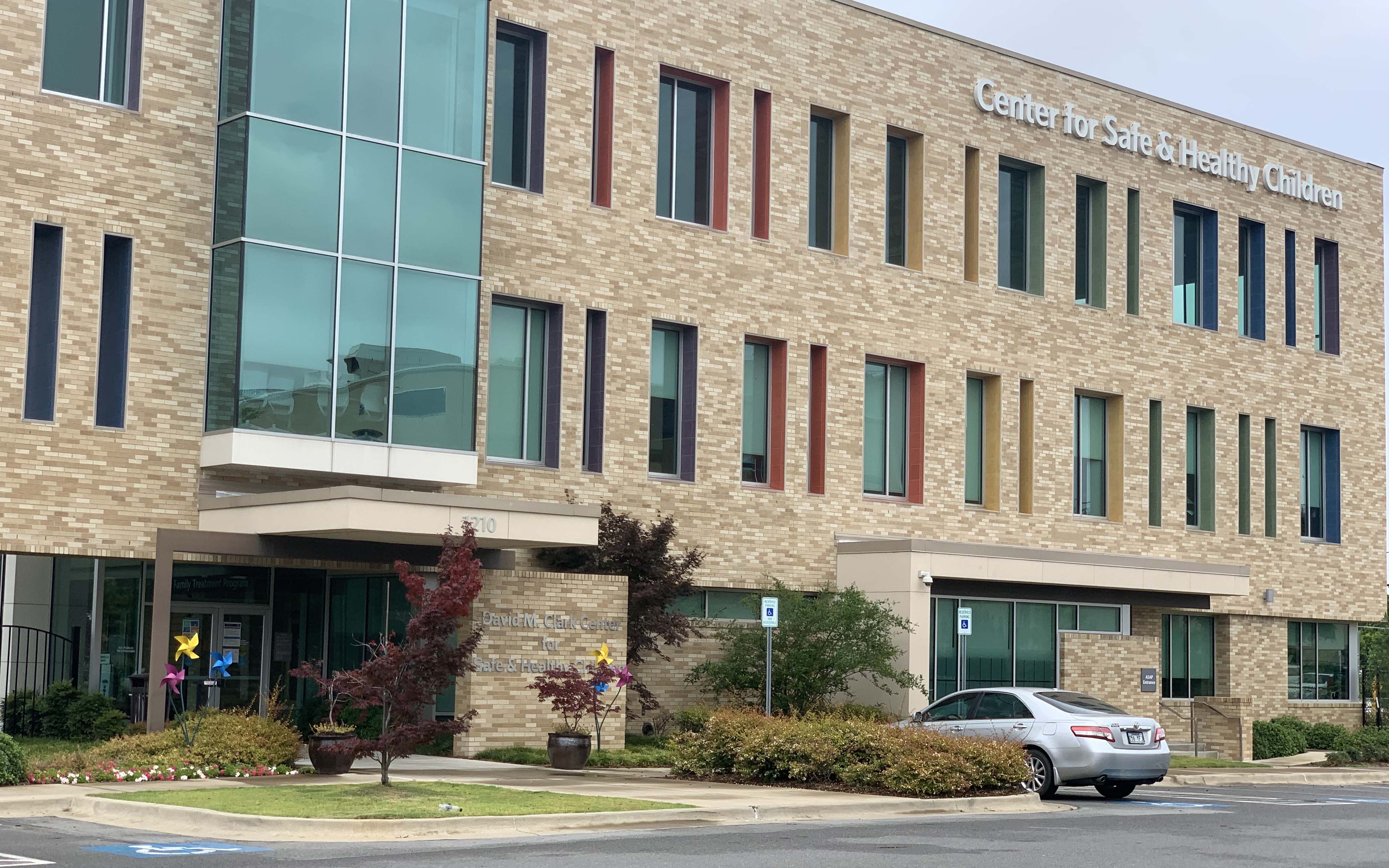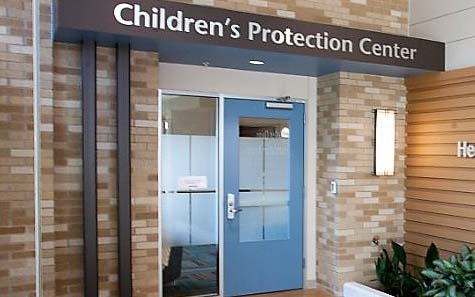Children’s Protection Center: Listening, responding, providing
July 27 - August 2, 2020
By Cait Smith
In recent months, COVID-19 has caused the world to proceed with caution. People are reminded daily to wear masks, social distance, and wash their hands so as to not catch the ill-stricken disease. One might even assume the importance of other health-related issues are overshadowed. However, the Children’s Protection Center (CPC) -– a nonprofit that serves children who have been physically or sexually abused, witnessed violence and/or neglect – knows there is still a serious matter at hand … child abuse. Whether it is happening to the child down the street or on the playground, it is an issue that continues to sweep the nation.
“While [CPC] saw a decrease in abuse cases due to the pandemic, it is still happening. There are the kids that are not getting treatment because people that would normally report it – schoolteachers, church leaders – cannot due to the quarantine. [CPC] knows it is happening and that is our biggest concern right now,” said executive director of CPC Jennifer Long.
For so long CPC has been dedicated to serving victims and their families of child abuse. Their number one goal is to make the process of investigation less traumatic for children while ensuring those children get the assistance they need to heal. CPC also takes on the role of finding out who the offender(s) are and holding them accountable. “The way CPC handles these issues is important because it affects the way a child overcomes what has happened to them. These children need strong supportive units that can help them through this process … somebody that believes them, somebody that is going to keep them safe and healthy. Our job is to make sure the families are equipped to do that,” explained Long.
CPC offers an extensive list of programs for both victims and the family members. Within the forensic interviewing program, trained interviewers conduct neutral conversations to get kids to describe their encounters in specific detail. Long said that these interviewers follow a protocol that is supported at the Department of Justice, in which they are able to defend at the Arkansas Juvenile Division of the Courts as witnesses.
“Forensic interviewers have to be objective in the work that they do because they are going to be using the information in court. Essentially the interviewers are a resource for the investigation and full prosecution. It can even be for the defense. While that interview is happening, our investigators, DHS workers, or anyone that needs to hear that interview is in a different room watching,” Long said.
To ensure that families are adequate to help with recovery for their child, the family advocacy program is offered. A CPC advocate will meet with family members and examine how they are feeling mentally. During this process, the advocate finds out what is going on in the family’s home and what kind of services do they need to support their child. Long made it clear that even though they offer services for the families, they keep these assistances separate from those offered to the child. “We always want to be able to defend the fact that this child was talked to in a very neutral setting and is not getting anything in return for what they were able to disclose,” she said. CPC advocates will also follow-up with the families for extended periods of time to ensure services and protection are going well for the child.
Other ways families can get help from CPC is through their mental health program. “[Families] are able to meet with a mental health professional. These professionals will do a trauma assessment, talk to the family about some of the issues or concerns they have, and then determine where the best place is for that child,” said Long. The mental health program is a way to help guide families onto the next best decision. These services can be in the form of therapy or group support sessions which are administered at CPC.
Among all the services CPC offers, Long took pride in explaining their prevention and outreach program. “We have a prevention educator who goes out to the schools once or twice a year and talks to children about body awareness and body safety. We focus on younger kids, anywhere from Pre-K to first grade,” she said. The spread of awareness about child abuse is a top priority for staff of CPC because as more cases get reported, more children can get treated.
To spread the word further, CPC offers free mandatory report training. “Anybody that works with kids essentially are mandated reporters. So, our job is to talk to those people about our program and make them aware that we have the services to provide for children. Anytime they might suspect it, call it in and let people who are trained investigate it,” said Long.
Even with the difficulties due to COVID-19, Long said CPC has served over 100 children cases in the month of June. “In late March and early April, we saw a decrease in our case numbers, but it has picked back up, so we are seeing even more kids now,” she said. And while CPC staff were not comfortable with wearing masks during the forensic interviewing process, children have adapted to the new normal.
“Trying to manage how we work when we are talking to kids in the interview room was hard. So much of our communication style is nonverbal. Not being able to see a face in that kind of situation when a child is being asked to talk about really intimate details was a challenge. But we have learned how to do it. Kids, too, are coming around to it. They notice that this is a normal thing for people to wear masks,” Long said.
To stay connected on one front, the CPC is a member of a multidisciplinary team that includes law enforcements in Pulaski County, the Arkansas Juvenile Division of the Courts, the Arkansas Department for Human Services, and local mental health providers and prosecutors. Long stated the importance of maintaining strong partnerships and relationships within those agencies because as agencies change, it can affect how CPC responds to abuse. “As a collaborative team with law enforcements and other partners, we have had to come up with creative ways to stay involved and continue to spread awareness,” said Long.
While fundraising events like CPC’s annual River Cities Dragon Boat festival had to be canceled as a result of the virus, something that is not are Long’s and the entire staff of CPC drive for the prevention of child abuse – to provide a safe place for children and families.
If you suspect abuse, please call the Child Abuse Hotline: 1-844-SAVEACHILD.
PHOTO CAPTIONS: (Photos provided)
1. Local nonprofit continues its important work to protect children during COVID-19 pandemic.
2. Executive director of Children’s Protection Center Jennifer Long alongside Eric Gilmore, executive director of Immerse Arkansas – a social service organization that provides children with proper services after aging out of foster care.
3. The Children’s Protection Center is located at 1210 Wolfe St., Little Rock, AR 72202.





